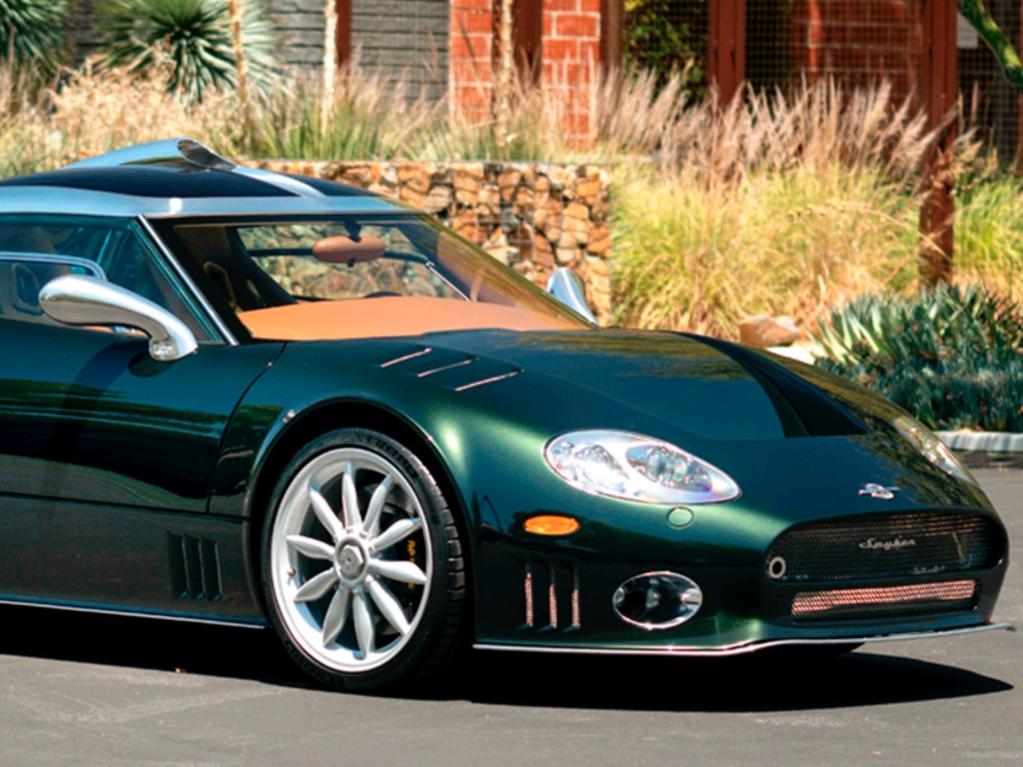Would John Lennon have deserved a Nobel prize?
Had he lived, the Beatle would have been 80 this week, but his utopian vision would have soured.

For many of us of a certain age, the moment on December 8, 1980, when we heard that John Lennon had been shot dead was almost as shattering as the moment we heard about the assassination of President Kennedy in 1963. For some, even more so.
Lennon was a symbol, if not the symbol, of the Sixties, the decade of peace and love. And the obsession of the baby boomer generation with that hedonistic decade goes on. Bliss was it in that dawn to be alive, eh?
But if we tend to romanticise the past, maybe some of us also continue to view the way we thought then through the same rose-tinted prism.
This week would have been John Lennon’s 80th birthday. For some, it seems, the pedestal on which he stands has grown even higher.
Sir Elton John, who was Lennon’s friend, has told the BBC that had the former Beatle lived he would have won the Nobel Peace prize, whose latest recipient is due to be announced on Friday.

The singer told Lennon’s son, Sean: “He was a uniter and was prepared to go to any lengths to make people see what his point was. And a lot of people … like the FBI, they gave him a hard time, but it didn’t deter him. He was peace-loving, brilliant, funny, opinionated, a treasure – we need people like him today (Tuesday).”
Attractive traits indeed. But would they have made Lennon worthy of the world’s premier peace award?
Alfred Nobel was a chemical engineer who invented dynamite. Legend has it that, after his death was mistakenly reported in 1888, he was horrified to see himself described in a newspaper obituary as the “merchant of death”. Accordingly, he instituted his eponymous prize in order to reward those who, during the preceding year, had “conferred the greatest benefit on mankind”.
He wanted the peace prize to be awarded to someone who had rendered “the greatest service to the cause of international fraternity, in the suppression or reduction of standing armies, or in the establishment or furtherance of peace congresses”. This particular prize, however, has given rise to rather more tumult than tranquillity.
In 2009 it was awarded to Barack Obama just nine months into his first term as president. In 2015 Geir Lundestad, director of the Norwegian Nobel Institute, wrote in his memoir that the committee “thought it would strengthen Obama and it didn’t have this effect”.
In 1994 the prize went to the Palestinian leader Yasser Arafat and the Israeli politicians Shimon Peres and Yitzhak Rabin for their “efforts to create peace in the Middle East”. Kare Kristiansen, a member of the Nobel committee, resigned in protest, calling Arafat the “world’s most prominent terrorist”.
In 1973 the prize was awarded to Le Duc Tho, the North Vietnamese communist leader, and Henry Kissinger, the American secretary of state, for the 1973 Paris peace accords, intended to achieve a ceasefire in the Vietnam War. Le Duc Tho refused to accept it on the grounds that Kissinger had violated the truce, and two Nobel committee members resigned in protest.
The peace prize hasn’t just been politicised. It’s become associated less with achievement and more with aspiration; less with performance and more with projection on to the recipients of public fantasies about peace.

Lennon was the arch-creator of such fantasies. In 1969 he and his wife, Yoko Ono, staged a “bed-in for peace” in Amsterdam and again later that year in Montreal, where he wrote and recorded his song Give Peace a Chance.
His great hymn to utopia, however, was Imagine, which conjured up a vision of the brotherhood of man. There would be “no countries … nothing to kill or die for/And no religion too”; instead, people would live in peace. Yet his vision would produce the very opposite. A world where everything and everyone mean the same to all is a world where nothing and no one means anything to anyone. It would be a world of meaninglessness; and with no attachments that matter, the weak would be defenceless against being picked off by the strong.
Nevertheless, that song became the unofficial anthem for universalism and moral equivalence, the beliefs that prevail today in the West.
A sentimentalised belief in peace and love, avoiding the difficult choices, humility or courage necessary to achieve either? Sounds like the perfect qualification for a prize that defines our present era.

In what was to turn into a society of dreamers, Lennon was indeed “not the only one,” as he sang, but their prophet. If he had lived to see his 80th birthday, though, what kind of person might he have become? Maybe he would have remained as he will always be remembered. Maybe he would have been appalled by Brexit, beyond horrified by Donald Trump, committed to Extinction Rebellion and Black Lives Matter and to opening the country’s borders to every potential migrant in the world.
Or maybe he would have been aghast at the “cancelling” of dissenters, the extinction of reason, the hatefulness and discrimination of identity politics, the coercion of conformity, the sanctification of selfishness.
Perhaps John Lennon at 80 would have seen where his brand of utopianism had led us. Imagine it? Me neither.
The Times







To join the conversation, please log in. Don't have an account? Register
Join the conversation, you are commenting as Logout